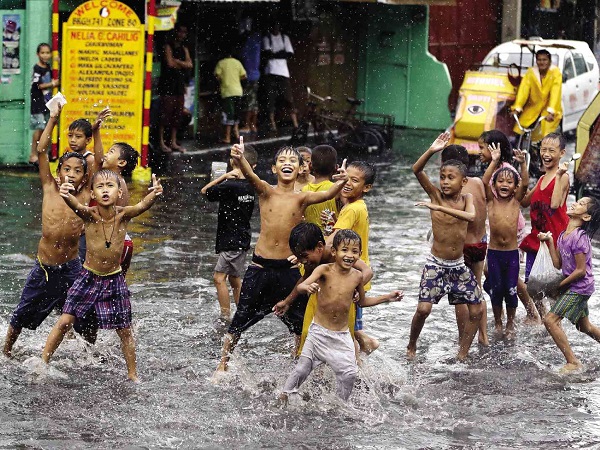Unicef launches initiative to end violence vs kids
MANILA, Philippines—Violence against children is all too often unseen, unheard and under-reported, United Nations Children’s Fund (Unicef) has said in the course of announcing an initiative that urges ordinary citizens, lawmakers and governments to speak out more forcefully on the matter.
The initiative called “End Violence Against Children” builds on the popular outrage that erupted following horrific attacks against children, such as the October 2012 shooting of Malala Yousafzai, then 14, in Pakistan, the fatal shooting of 26 pupils and teachers in Connecticut in the United States in December 2012, and the gang rapes of girls in India and in South Africa in 2013.
“In every country, in every culture, there is violence against children,” Unicef executive director Anthony Lake said. “Whenever and wherever children are harmed, our outrage and anger must be seen and heard. We must make the invisible visible.”
The initiative was unveiled with a powerful video narrated by Unicef goodwill ambassador Liam Neeson, who leads the viewer through a series of scenes depicting invisible violence. (See https://www.youtube. com/watch?v=UBEryzHILiw or https://www.youtube.com/ watch?v=VkGf2xZEprU.)
“This is a 15-year-old girl being gang-raped,” he says as the camera pans across an abandoned lot. “This teacher is beating a boy for talking back in class, while the rest of the class watches,” he says as new scenes unfold.
“Just because you can’t see violence against children, doesn’t mean it isn’t there,” Neeson says. “Make the invisible visible. Help us make violence against children disappear. Join us. Speak out.”
The need to take urgent collective action is underlined even by the limited statistics available. For example, some 150 million girls and 73 million boys under 18 years experienced sexual violence and exploitation, according to the World Health Organization, and an estimated 1.2 million children are trafficked every year, according to a 2005 International Labor Organization report.
“In the Philippines, we are working with government and partners to collect evidence on the prevalence and pervasiveness of violence against children, with a particular focus on sexual violence. We will use the findings to develop programmes and approaches to address the underlying drivers of sexual violence against children and improve the support to survivors,” said Abdul Alim, officer in charge of Unicef Philippines.
